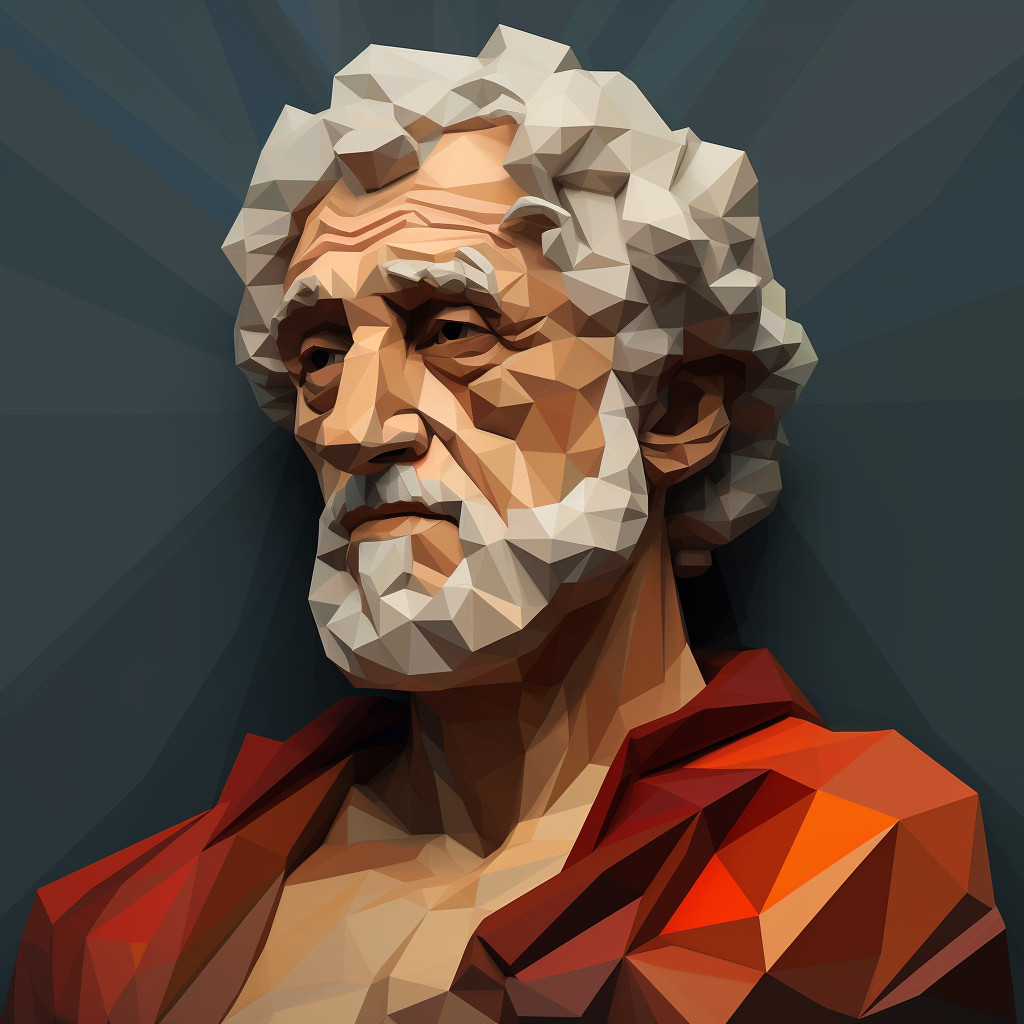This quote suggests that people often suffer more from the scenarios they create in their minds than from the actual events happening in their lives. It’s a commentary on the human tendency to worry, anticipate, or fear things that have not yet happened, and may never occur. The fear and suffering generated by our imagination are often far greater than the pain caused by reality.
We tend to envision worst-case scenarios, potential failures, and negative outcomes, which can lead to significant stress and anxiety. This anticipatory fear can be more debilitating than the actual event or situation when it occurs. Essentially, we are allowing our imagination to create suffering that exceeds the hurt of the real-life circumstances.
In today’s world, this concept is especially relevant. With the constant influx of information and news from around the globe, it’s easy to imagine and fear the worst. This can lead to a state of constant worry and stress, which is detrimental to our mental health.
In terms of personal development, understanding this concept can be transformative. By recognizing that our minds often amplify fear and suffering, we can work towards controlling our thoughts and reactions. Mindfulness and meditation can be effective tools to help us stay present and avoid unnecessary worry about the future.
Moreover, cognitive-behavioral techniques can help us challenge and change our thought patterns, reducing the tendency to imagine worst-case scenarios. By focusing on reality and not letting our imagination run wild with negative possibilities, we can reduce our overall suffering and improve our emotional well-being.









